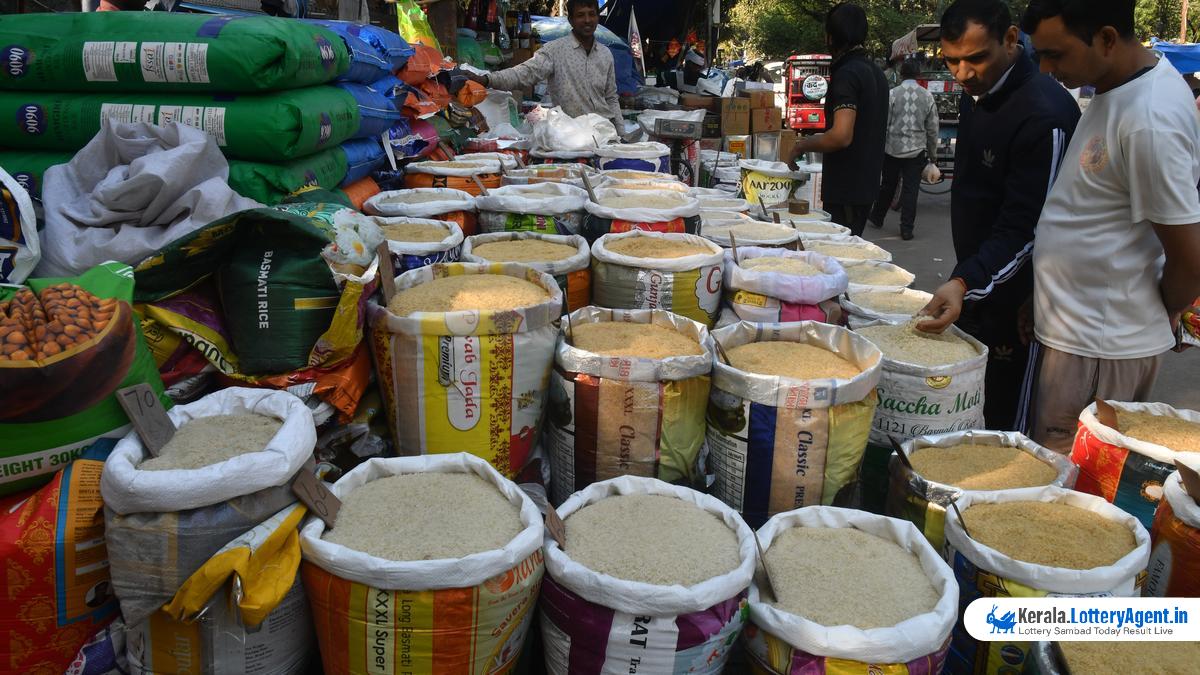
Recent spikes in pulse prices have left policymakers and citizens alike searching for an explanation, and the spotlight has been cast on middlemen, who have been accused by the government of hoarding stocks and contributing to market shortages. This has sparked a series of surprise inspections on warehouses, as the government attempts to coerce middlemen into releasing their hoarded supplies, with the aim of calming the turbulent pulse market.
Despite initial impressions, the narrative that middlemen solely exacerbate food price inflation is an oversimplification of the complex economics at play. Remarkably, the absence of middlemen would likely worsen the scenario, driving food prices even higher than we witness today. Over the past year, the dramatic ascent in pulse prices has put pressure on the government to implement measures to stabilize the market.
Conventional wisdom suggests that the market would benefit from an immediate release of the hoarded stocks, assuming that this boost in supply would mitigate price surges. Nevertheless, it is imperative to consider why middlemen choose to withhold stocks from the market in the first place. If their projections indicated a decline in future pulse prices, there would be no incentive to hoard. Instead, they are betting on prices climbing further, an indication that their stockpiling reflects an expectation of increased future valuation.
The profiteering of hoarders hinges upon accurate market predictions. A misplaced bet can result in substantial financial losses, particularly if a future surplus saturates the market, leading to deflated prices. The consumer, in this way, retains control over the market value of goods; the middlemen are merely timing their stock releases to coincide with peak demand, a strategic endeavor to ensure resources are used to their greatest societal benefit.
Forcing the hand of middlemen to unload their reserves might seem advantageous in the immediate term with a temporary price dip, but this intervention can provoke a scarcity of supply later, harbingering price hikes that harm consumers in the long run. This might serve as a beneficial tactic for a government standing on the precipice of an election, but it is a strategy that will invariably backfire regarding consumer welfare.
Additionally, the speculative actions of middlemen wield the potential to amplify agricultural productivity. Indian farmers have historically been at the mercy of erratically fluctuating agricultural commodity prices. In prosperous years, they expand production, hoping to capitalize on favorable market conditions; however, this often results in an oversupply that precipitates a sharp decline in prices. The option for farmers themselves to hoard surpluses exists, although it is fraught with the risk inherent in forecasting future market trends – a gamble many are reluctant to make, preferring to transfer this risk to middlemen.
Through this dynamic, middlemen are poised to cushion the blow of rapidly falling spot prices by purchasing at higher rates with the anticipation of selling at an even greater premium later on. By providing farmers with more reliable pricing and financial stability, middlemen inadvertently encourage sustained agricultural production, which can lead to elevated pulse yields and ultimately cheaper prices than would otherwise be feasible.
The government’s crackdown on speculative practices removes the incentive for middlemen to offer competitive prices for crops, leading to an environment where they cannot justify the risk of purchasing and storing supplies to sell when prices ascend. In essence, by targeting hoarders and speculators, the government inadvertently dismantles a system that not only benefits farmers by providing them with a safety net but also defends consumers against the long-term volatility in food prices. This policy, although possibly yielding short-term political victories, ultimately undermines the mechanisms that could ensure more stable and lower prices in the agricultural sector.
In conclusion, the controversy surrounding middlemen and their role in the economy is abundant with misconceptions. What appears to be profiteering at the expense of the consumer is, upon closer examination, a nuanced business practice that has the potential to stabilize both supply and pricing in the long run. By implementing policies with a broader economic perspective, policymakers could harness these market dynamics to support both producers and consumers, rather than inadvertently causing harm in an effort to secure immediate political gains.













